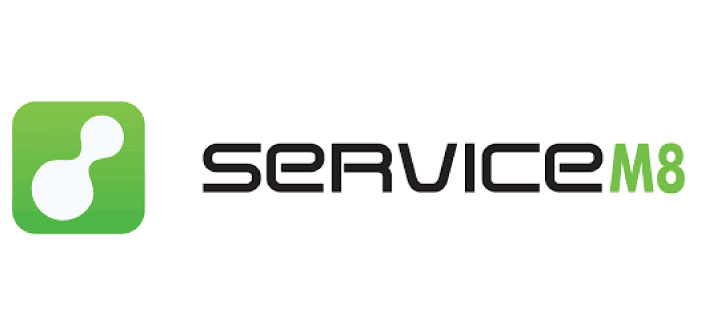
1. Keep your receipts
Without a doubt, keeping all receipts cannot be overstated. Receipts are going to play an important role when arguing with the ATO because receipts are going to be your credible evidence. When you argue with the ATO without showing credible evidence that the expenses you incur was business-related, arguing will cost you more money and time.
2. Scan receipts and keep them for future audit
The ATO may request for documentation and audit you up to six years so it is worth keeping your receipts at least six years so you will no longer face issues during an ATO audit. If you scan your receipts, make sure you keep a back-up as hard drive crashing can be inevitable. Once the ATO makes an audit and you have no evidence to present, they will definitely not buy your excuses.
3. Indicate on receipts about their business purpose
If you have entertainment or dining expenses, it is a good idea to make notes of their business purpose. It is hard to remember why you went to dinner at a restaurant two years ago but if you have already made notes of the purpose, there is no need to panic.
4. Keep a daily journal for your business
Although it may be an additional task that can contribute to your busy schedule, keeping a daily business journal can be a huge help especially when you need track some expenses you incurred in the past. Never underestimate the daily journal because they can save you from paying tax penalties.
5. Don’t rely on cancelled checks and credit card statements
Although these are important they can still be considered insufficient without receipts. Receipts are going to be ideal for bookkeeping purposes because these are the details that are considered essential by the ATO auditor.







